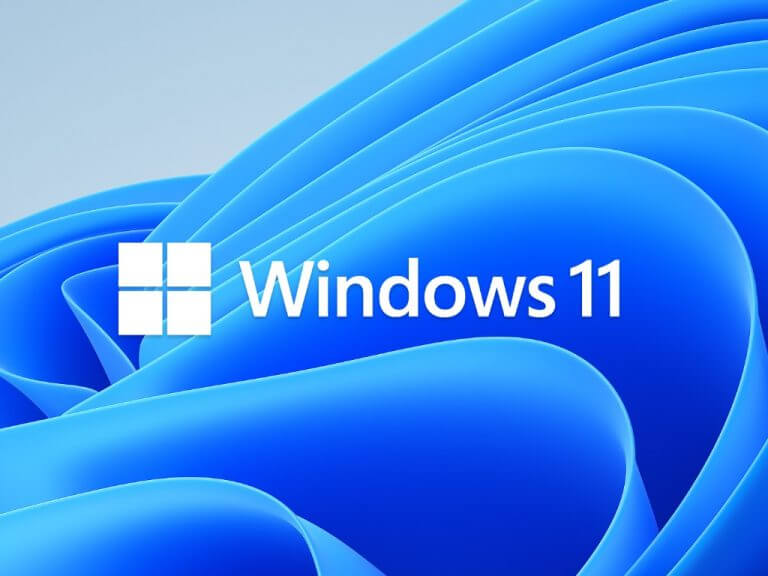Microsoft’s latest operating system, Windows 11, boasts significant updates to its supported processor list. Notably, the company has removed a total of 44 Intel CPUs from its official roster.
Deskmodder, a resourceful tech analysis platform, noted that many Intel CPUs were ejected from Microsoft’s list of compatible processors. The discovery revealed that all CPUs dropped were from Intel’s Xeon lineup. In total, 44 Xeon series CPUs were freshly excluded including:
- Intel Xeon E-2104G
- Intel Xeon E-2124
- Intel Xeon E-2124G
- Intel Xeon E-2126G
- Intel Xeon E-2134
- Intel Xeon E-2136
- Intel Xeon E-2144G
- Intel Xeon E-2146G
- Intel Xeon E-2174G
- Intel Xeon E-2176G
- Intel Xeon E-2176M
- Intel Xeon E-2186G
- Intel Xeon E-2186M
- Intel Xeon E-2224
- Intel Xeon E-2224G
- Intel Xeon E-2226G
- Intel Xeon E-2226GE
- Intel Xeon E-2234
- Intel Xeon E-2236
- Intel Xeon E-2244G
- Intel Xeon E-2246G
- Intel Xeon E-2254ME
- Intel Xeon E-2254ML
- Intel Xeon E-2274G
- Intel Xeon E-2276G
- Intel Xeon E-2276M
- Intel Xeon E-2276ME
- Intel Xeon E-2276ML
- Intel Xeon E-2278G
- Intel Xeon E-2278GE
- Intel Xeon E-2278GEL
- Intel Xeon E-2286G
- Intel Xeon E-2286M
- Intel Xeon E-2288G
- Intel Xeon E-2314
- Intel Xeon E-2324G
- Intel Xeon E-2334
- Intel Xeon E-2336
- Intel Xeon E-2356G
- Intel Xeon E-2374G
- Intel Xeon E-2378
- Intel Xeon E-2378G
- Intel Xeon E-2386G
- Intel Xeon E-2388G
Historically, Intel Xeon processors, described by Intel as suitable chips for entry server solutions, have been reliable processors since their introduction back in 2018 as a part of Intel’s 8th-generation processors. However, their sudden omission from Microsoft’s list of supported processors for Windows 11 sparked alarm and intrigue in the tech world.
Despite these abrupt changes, Microsoft’s decision to exclude these processors is not a cause for panic among Windows users employing these processors. The removal of a processor from the list does not render existing users’ systems incompatible overnight. However, it does imply that future Windows 11 devices produced by Original Equipment Manufacturers (OEMs), such as HP, Dell, or Asus, may not feature any of the excluded Xeon processors.
Ultimately, clarity is yet to be offered on why Microsoft updated its originally published lists by erasing specific Intel Xeon models, adding another layer of mystery over Windows 11’s exclusive hardware requirements. As it stands, users employing the recently excluded processors will not face immediate consequences but wait like the rest of us for Microsoft to divulge insights into their hardware policy.
Via Beta News


